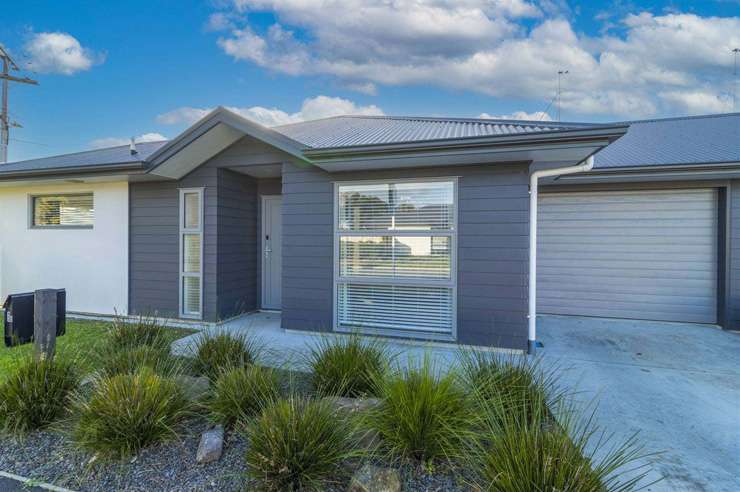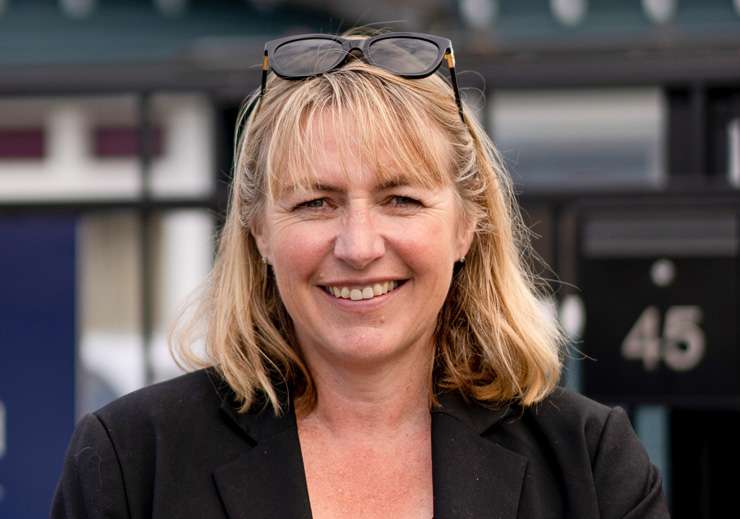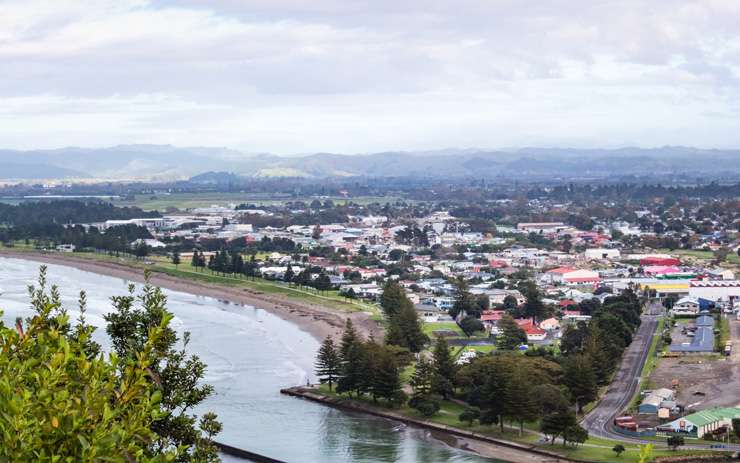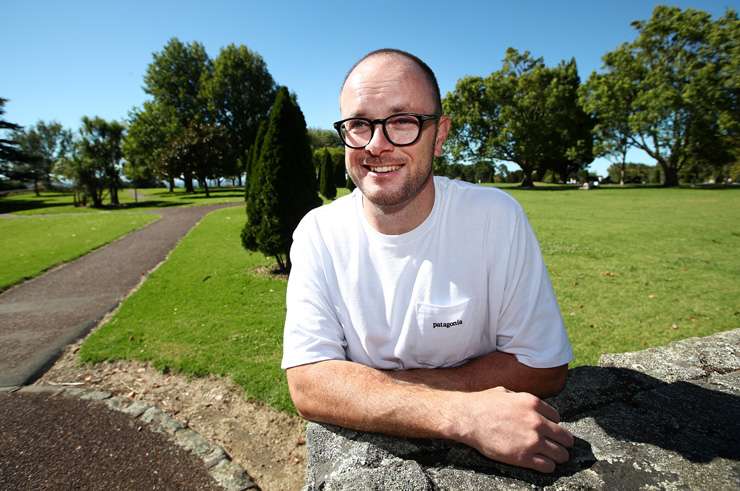As established and wannabe property investors re-enter the real estate market and sniff around for bargains, property experts reveal where they would spend their money.
But whether the focus is on yield, capital gain or a mix of both – one thing they are all clear on is that anyone buying an investment property right now needs to be in it for the long haul.
Harcourts Hamilton director Campbell Scott admits he broke all his own rules around property investment when he purchased an older three-bedroom, one bathroom property in what he described as a very average area in Maeroa earlier this year.
It’s not the usual investment property he would go for, but he and his wife bought with the view that one of their children might one day live there.
Start your property search
Prior to that he’d been looking at apartments, duplexes or complexes because he thinks they stack up better from an investment perspective and it’s what he’d recommend to others starting out.
These kinds of newer developments were often built in older more established 1970s areas in Hamilton such as Queenwood, Chartwell, Pukete and Dinsdale, were low maintenance and met the healthy home standards, he said. New homes also had more favourable rules around tax deductibility and interest rates.
“If you are looking for that kind of buy and forget, reasonable return, easy to look after and have managed – if you are a first-time investor into the market then I think that product is going to work really well for you.”
An example of this would be a two-bedroom newish home at 1B St Pauls Road, in Chartwell, that has an asking price of $679,000 and is listed with Harcourts.
Scott said because there was also a disproportionate amount of that type of the stock around the $600,000 to $700,000 price bracket at the moment, it offered a lot of choice and meant the seller might be more open to negotiate on price.
Scott would also buy in Hamilton – an area he knows well. “Hamilton has always stacked up well and I think it’s stacking up better and better compared to some other places at the moment. The cost of entry into the investment market is still reasonable when you compare it to Auckland for example, but even the Bay of Plenty – the prices have moved so much there by comparison we look pretty good in that investment space.”

A recently built two-bedroom home at 1B St Pauls Road, in Hamilton, is priced at $679,000. Photo / Supplied
The rents were also more favourable so the return on investment was better too and rental vacancy rates are around less than 1%, he said.
However, he admitted buying an investment property was very subjective and stand-alone three-bedroom homes in the suburbs are always sought after and easy to rent out as well, but may require more work.
“It’s not good versus bad. For different buyer pools, they are a good sound long-term strategy.”
Long-term property investor and Hawke’s Bay Property Investors Association president Sharon Cullwick also agreed buying local made sense.
“I don’t believe in chasing rainbows because often you think you are going to get better somewhere else, but they you not necessarily close to them, you can’t go see them and things like that.”
Cullwick has started looking for another investment property and was hopeful of getting a bargain especially as some properties were taking a long time to sell.
But she wouldn’t rush into it as people buying an investment property needed to shop around.
“Keep, keep looking. You’ve got to look at quite a few before you find out what the bargains are.”
Cullwick’s approach was different to other experts as she buys based on yields and not on perceived capital gains that may never happen.

Hawke’s Bay Property Investors Association president Sharon Cullwick says buyers should look to properties in their area first. Photo / Supplied
“Look at the yield and work on a financial basis don’t work on emotions, she said.
“Anything that has got a yield and whether that be single property – a normal everyday house that anyone would live in.”
Dual properties were also a good option, she said.
“You don’t usually end up paying double the price for two houses on one site, it’s usually one-and-a-half times so you get half a house for free really.”
She would also avoid apartments because of the cost of body corporate fees.
Property Brokers Property Management general manager David Faulkner also favours buying a stand-alone house, but would look in areas such as Gisborne, New Plymouth and Levin where house prices were cheaper and there was a shortage of rental properties.
He believed there was a lot of potential to getter better yields in these areas as a property in the mid $500,000s in Gisborne would probably return a weekly rent of about $550 a week.
“If you look at what’s happened in Gisborne for example with the rents, it’s unbelievable. We’ve grown from what I can see looking at MBIE stats is about 20% a year.”
Faulkner would try and find a property which offered a mix of yield and capital gains potential so would buy one he could add value to even if it meant having to top up the mortgage.
He would also be playing the “long game” and plan to keep the house for at least 10 years.

An aerial view of houses in Gisborne. Lower house prices and a shortage of rentals recommend the area to investors, say experts. Photo / Getty Images
But two other property experts who are also own investment properties reckon you can’t beat Auckland when it comes to buying an investment property.
Ray White Manukau co-owner Tom Rawson said it was probably a good time to invest especially if people were cashed up or had the financing approved.
If Rawson was buying his first investment property now, he would buy one with a larger section that had potential for more dwellings to be added on to and that was on Auckland’s city fringe.
“I still like Auckland; I like the development potential of Auckland.
“We are still going to need a lot more houses in Auckland so those bigger sites will have more value added in the future, but then other people will purely buy on cashflow so they will look for a property that’s $500,000 and returns $550 a week in rent so therefor they are not topping it up at all.”
Areas such as Weymouth, Otara and Manurewa were popular with investors as they tended to offer a better yield, he said.
“If you were buying a property in Manurewa, it would have been $1.2m, $1.3m last year and now that’s like $750,000 to $800,00 – it's getting pretty affordable for people. Investors especially that haven't been buying and selling in the same market.”

Ray White Manukau co-owner Tom Rawson says buyers should have a 10-year strategy. Photo / Fiona Goodall
Rawson said some people entered his auction room not realising that you could still find cash flow positive properties.
His agency sold a property at Preston Road in Otara for $670,000 with a rental appraisal of $650 per week and based on a 40% deposit it would be cash flow positive.
Ray White is selling another property suitable for investors at 4 Dairy Road in Otara, which is going to auction.
But whatever the property price was now, Rawson’s said his “non-financial advice” was that they were likely to be worth more in 10 years' time.
“I think whatever you did, in 10 years' time, you’d look back and go I wish I’d bought more. Because everyone I know that’s bought property 10 years ago says exactly that and we’ve been through some rough times over the last 10 years.”
Property commentator Ashley Church said if he could afford to buy a property based on its ability to increase in value rather than have to worry about its rental income then he would.
“If you were in a position where you can afford to service a big chunk of the mortgage yourself then you would buy in Auckland and that’s always been the case.”
Freestanding properties were always a good buy, but were becoming more expensive to buy especially in Auckland.
Church said there had been a view that apartments weren’t such a good investment, but they were now seen as a reasonable form of investment.
“You really can’t go too far wrong. Whatever you buy in Auckland, provided you get into the market and are prepared to wait. The real keys to this are patience and time – so regardless of what you buy as long as you are prepared to be in it for the long haul – in which I mean 1.0, 15 even 20 years – you are going to do well out of it.”
However, those on a limited income would need to focus on getting as much rent as possible to cover the mortgage and were more likely to find a property that would cover the mortgage by heading south, he said.
“So, if you buy in Invercargill for example, you are more likely to find positively geared property where once you buy it, you don’t have to think about it again, but it doesn’t go up in value nearly as quickly.”














































































